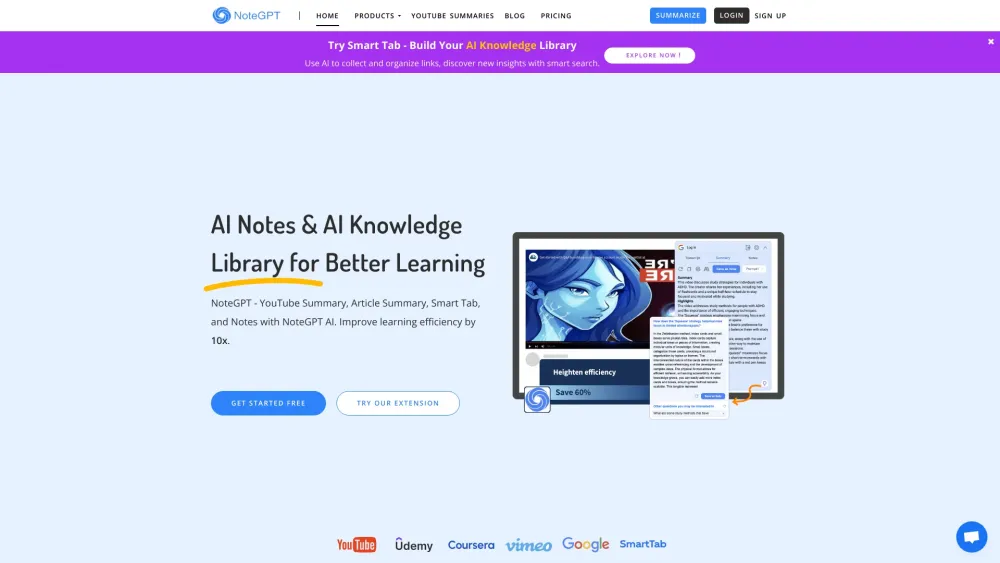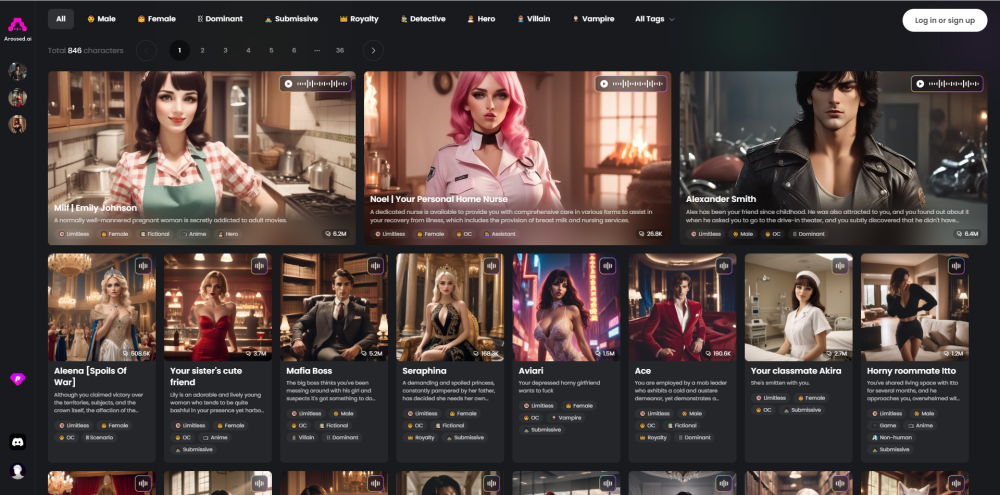Meta is set to enhance game experiences through generative AI technology, particularly targeting virtual reality (VR), augmented reality (AR), and mixed reality games, as part of its efforts to revitalize its metaverse strategy.
A recent job listing indicates that Meta is looking for talent to explore and design “new consumer experiences” enabled by generative AI, focusing on gameplay that evolves with each play session and follows “non-deterministic” paths. Concurrently, the company intends to develop or collaborate with third-party creators to build generative AI-powered tools aimed at streamlining workflows and accelerating game development.
The primary focus will be on Horizon, Meta’s suite of metaverse games, apps, and creative resources. However, the initiative may extend to games and experiences on “non-Meta” platforms such as smartphones and PCs.
"This is an emerging field that holds the possibility of creating experiences that simply don't exist today," the job listing states. "Innovations in this domain could significantly enhance the ecosystem by improving efficiency and enabling the production of far more content."
Meta did not provide a comment on these developments.
This announcement follows ongoing challenges for Meta's Reality Labs, the division responsible for the company’s diverse metaverse projects, which includes the Meta Quest headset. Despite selling tens of millions of Quest units, Meta has faced difficulties in attracting users to its Horizon mixed reality platform and recovering from substantial operational losses.
Recently, Meta adjusted its metaverse platform strategy by allowing third-party headset manufacturers to license certain software features from the Quest, including hand and body tracking capabilities. Simultaneously, Meta has significantly increased investment in metaverse gaming initiatives, driven in part by CEO Mark Zuckerberg’s personal interest in evolving gaming on Quest headsets.
Meta has previously expressed interest in integrating generative AI into metaverse experiences. In 2022, Zuckerberg showcased a prototype called Builder Bot, which enabled users to create elements of virtual worlds using descriptive prompts like “Let’s go to the beach.” Moreover, in a past blog post, Meta’s CTO and head of Reality Labs, Andrew Bosworth, spoke about generative AI tools capable of “leveling the playing field” in metaverse content creation.
Meta’s Builder Bot was highlighted during the 2022 Inside the Lab event, showcasing the company's commitment to innovation in this area.
"Just as Instagram empowered individuals to become creators, these generative AI tools will enhance the capabilities of individual creators," Bosworth explained. "They will also serve as a force multiplier for developers, enabling small teams to harness the power of larger studios and accelerating overall innovation."
Generative AI is gradually making its way into the gaming industry, with companies like Disney-backed Inworld and Artificial Agency utilizing the technology to craft more dynamic game dialogues and narratives. Numerous platforms now offer tools for creating game art assets and character voices through AI, raising concerns among some game developers about potential impacts on their livelihoods.
Earlier this year, Meta revealed plans to invest billions in generative AI, forming a high-level team focused on generative AI products such as AI characters and advertisements. In April, Zuckerberg noted that it would take “years” for the company to start profiting from generative AI, indicating that these investments may not yield immediate results for Reality Labs.




